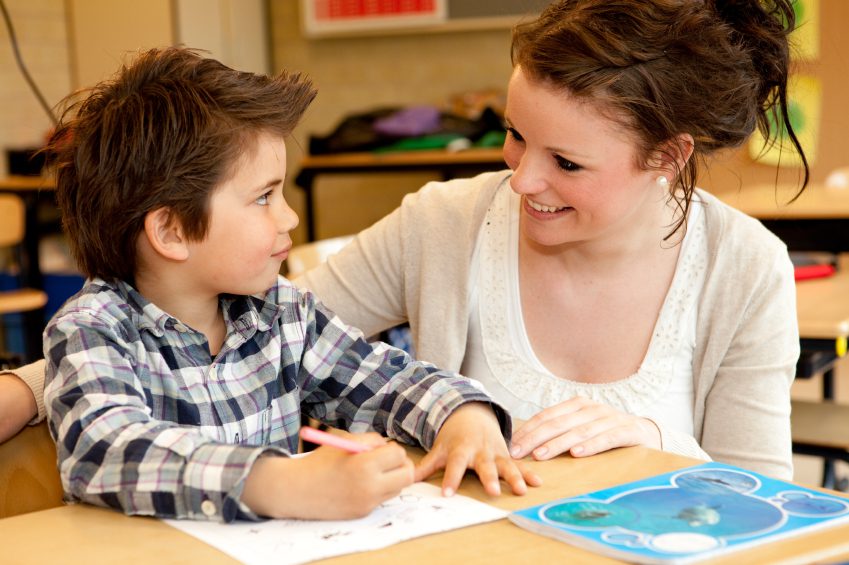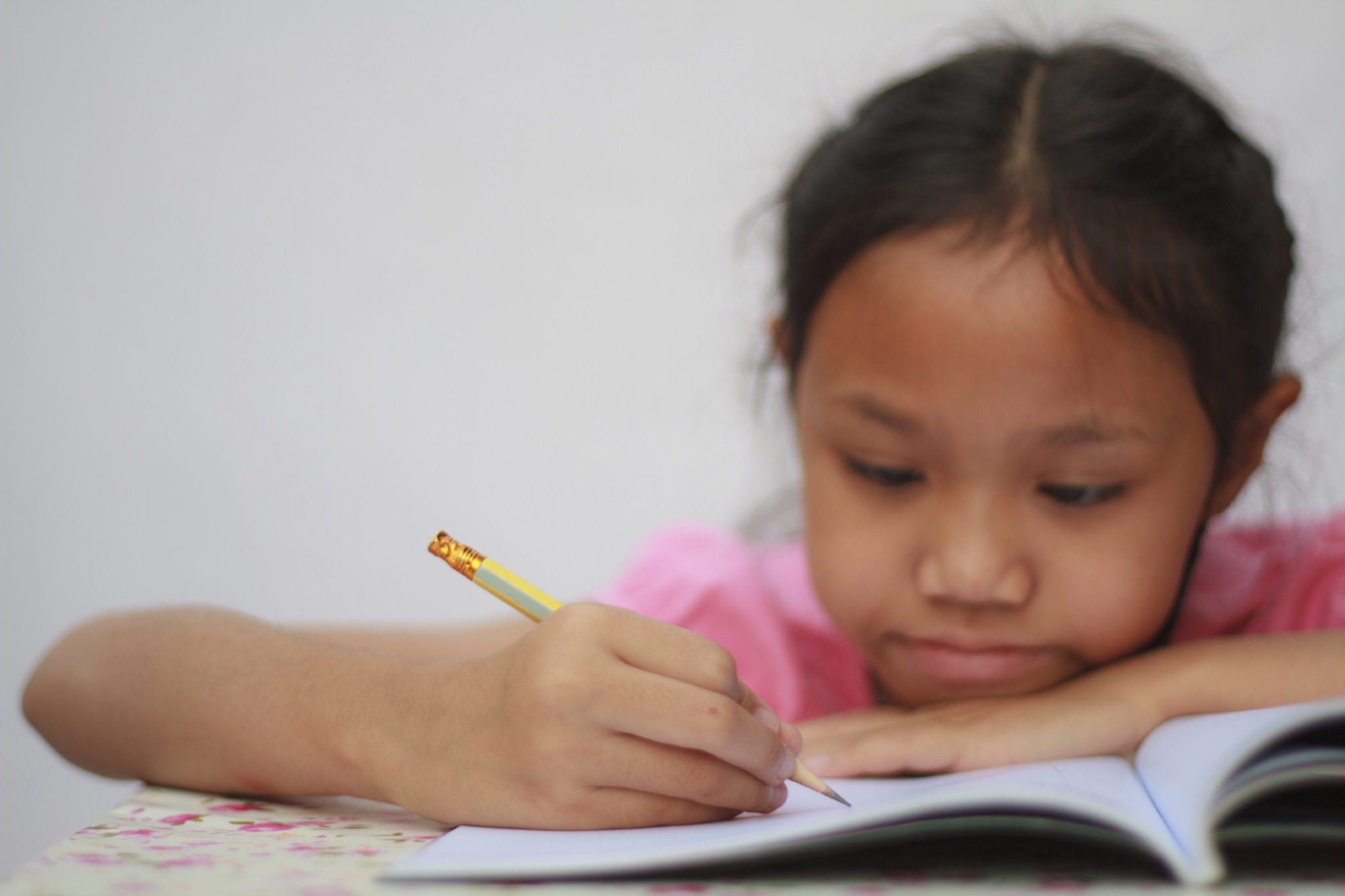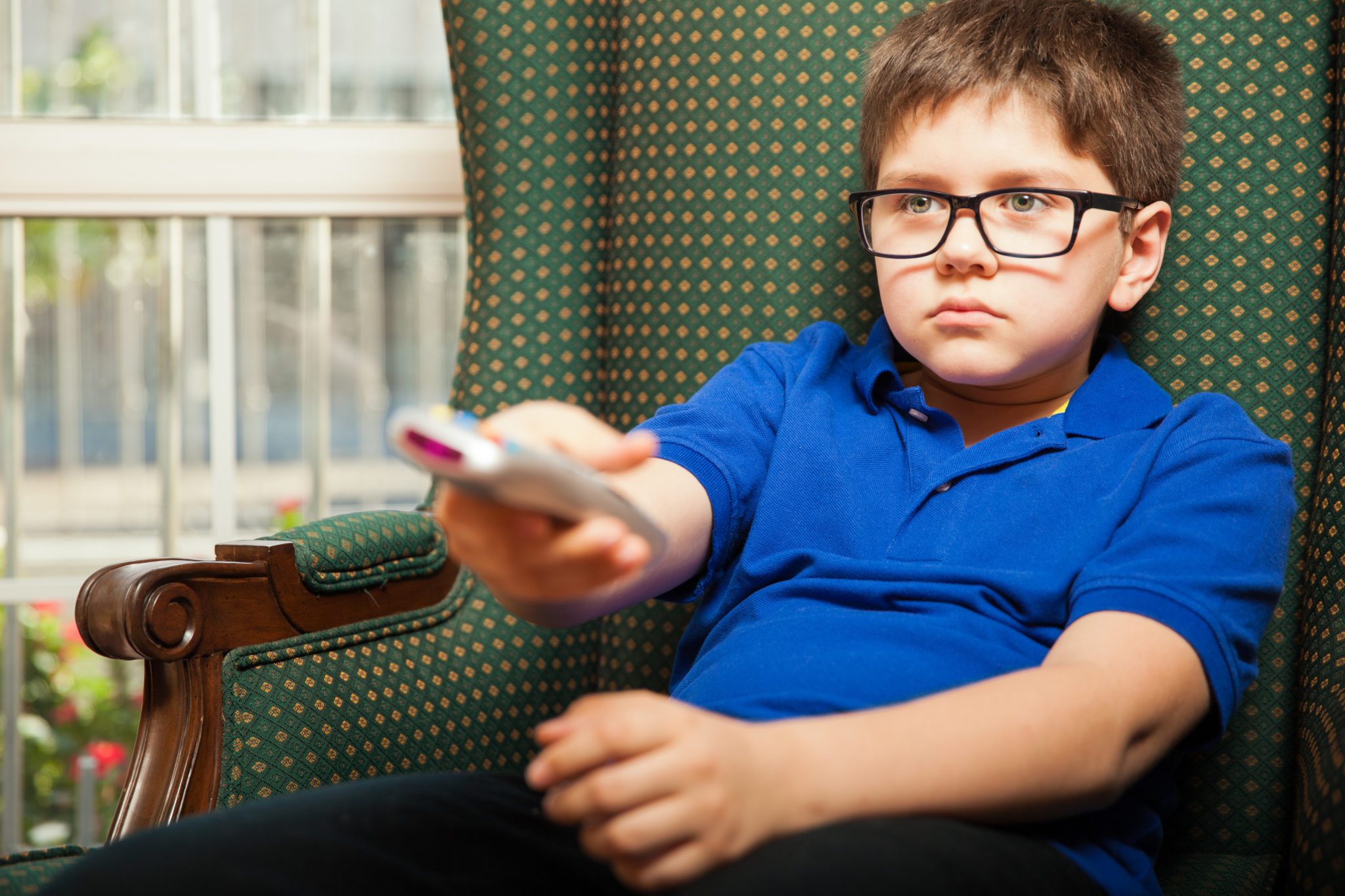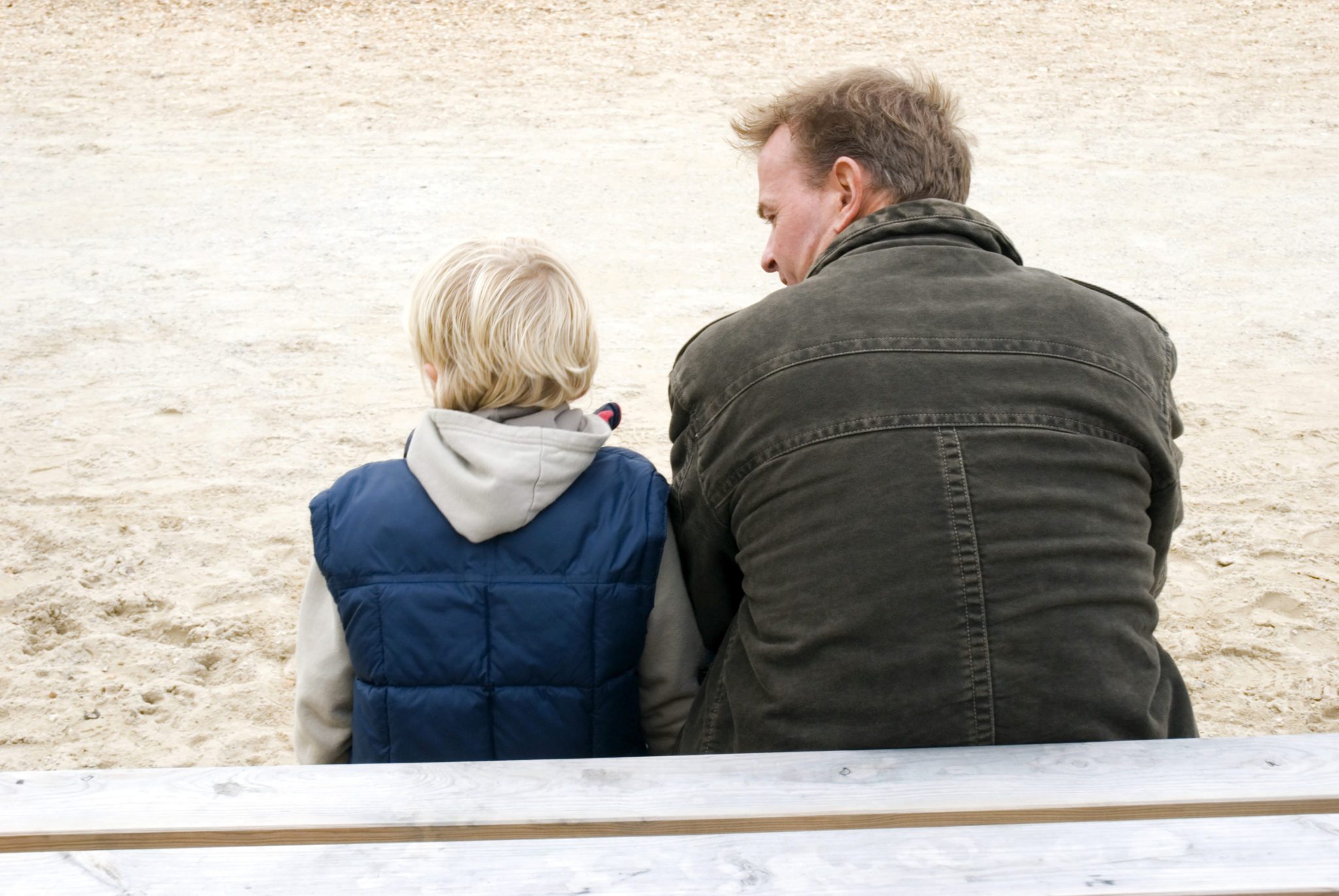Hot Topics
Populism And The Vaccine Debate

Two news stories caught my eye over the past two weeks, and both filled me with sadness and dread.
The first was the heart wrenching story that detailed the pain of a family whose seemingly otherwise healthy teen daughter died from the Influenza Virus. She died from “the flu.
Coping With Slow Processing Speed At Home And At School

This post is one in a multi-part series from Dr. Braaten entitled Bright Kids Who Can’t Keep Up.
Intro To Processing Speed

This post is the first in a multi-part Slow Processing Speed series from Dr. Braaten entitled Bright Kids Who Can’t Keep Up.
A Child Psychiatrist’s Perspective on Trump’s Behavior

Why would any parent bring their kid to a child psychiatrist?
Well, I’m a child psychiatrist and the most common reason parents bring their kids to see me in my clinical practice is because they are worried about certain behaviors and want help and advice in evaluating their child.
Home For The Holidays: Facing Empty Chairs At The Table

Here we are as in olden days,
Happy golden days of yore.
Faithful friends who are dear to us,
Gather near to us once more.
Mending A House Divided: Bringing Peace And Good Will To The Holidays

“A house divided against itself cannot stand.” I believe the government cannot endure permanently half slave and half free. I do not expect the Union to be dissolved — I do not expect the house to fall — but I do expect it will cease to be divided. It will become all one thing or all the other.
Sexual Consent: Teaching Our Teens About the Gray Areas

In light of the #MeToo and Times Up movements, we thought it more important than ever to share the article below on how parents can help teens respectfully navigate the gray areas of sexual and romantic relationships.
***
In the realm of sexual relations, consent is a bit of a mess.
Talking With Children About Suicide and Loss

Suicide is an unfortunate and unavoidable reality in the lives of children and youth. Whether it occurs with a family member, a schoolmate or peer, in the community, or in the media, the topic of suicide feels complicated and difficult to discuss with children.
A Discussion Triggered By Trigger Warnings

There’s this scene in David Cronenberg’s movie The Fly that is pretty hard to watch. Actually, there are a lot of scenes in that movie that are hard to watch. That’s kind of the point of the movie, which is also the point of this blog, but first—let’s describe the scene in question.
The Resiliency Of The Olympic Games

In 1980, on the day that the US played the Soviets in hockey, I had a junior high dance to attend. Like many of my classmates, I had heard on the radio that the US had already won the match. If you know your Olympics history, you might remember that this particular match was actually not televised live throughout the United States.



